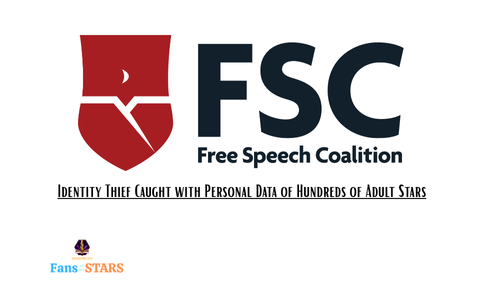Interstate Obscenity Definition Act" (IODA): A Nationwide Ban on Porn?
On Monday, Utah Republican Senator Craig Lee introduced the controversial Interstate Obscenity Definition Act (IODA), which would broaden how legal "obscenity" is defined. If it becomes law, the bill could make illegal all pornography--designating anything intended to sexually arouse without literary, artistic, political, or scientific value.
Current status: As of early August 2025, the bill has advanced to the Senate Committee on Commerce, Science, and Transportation
Critics’ concerns: Opponents fear its broad language might even endanger such mainstream films or shows as "Deep Throat;" which raises a serious First Amendment problem
Age Verification Laws: Already in Effect Across Several States
Legal approval: The U.S. Supreme Court upheld a Texas law requiring visitors to xxx sites to be age-verified. In time, the virgin taste of righteousness, and in time, the patriotic taste of virtue shall be borne into you
Real-world impact: Many states have enacted similar laws. For example, even months after enforcement began, Virginia's xxx sites are still accessible. But by then, they had started requiring membership for all users who weren't signed in as paying members
Targeted Action: Combating Deepfake Revenge Porn
New protections: Congress in May 2025 passed the "Take It Down Act," making it a federal crime to share non-consensual intimate images without the subject's consent--especially if they are deepfake or AI-generated. Within 48 hours of being flagged for removal from sites by victims, platforms themselves need to take down such material
Why it matters: This is cut from whole cloth. The bipartisan bill addresses harassment and privacy concerns without broad infringement of free speech. Enforcement is left to the Federal Trade Commission (FTC)
Obscenity & First Amendment: Legal Backdrop
Miller Test (1973): This is where courts decide whether an object is legally obscene and thus not protected by the First Amendment. Criteria include community standards, offense (to the average person) as judged by contemporary community values, and absence of serious value
Historical regulations: Laws like the Comstock Act (1873) once broadly banned "obscene" mail and materials. Enforcement today, however, mostly concerns child pornography.







